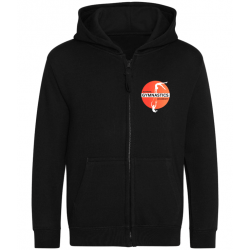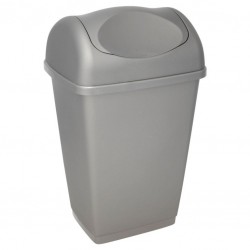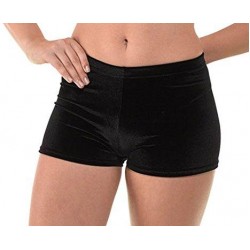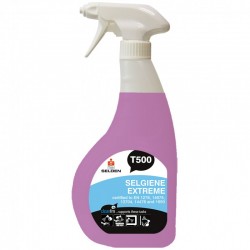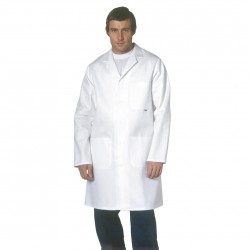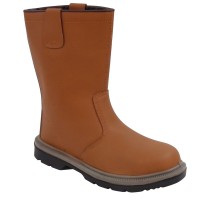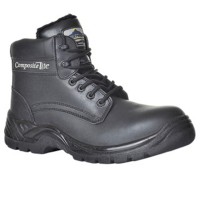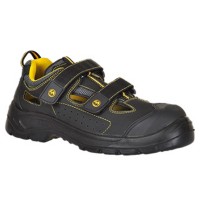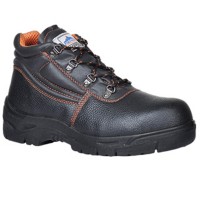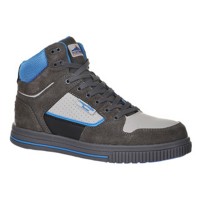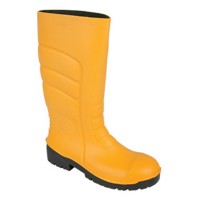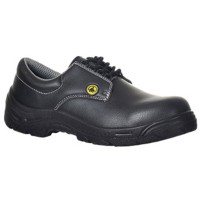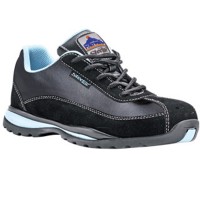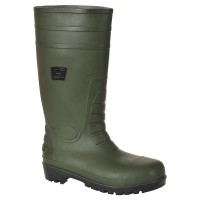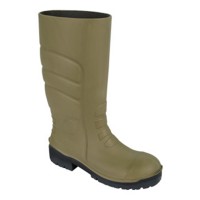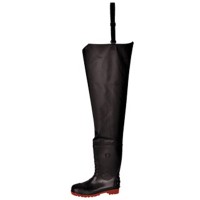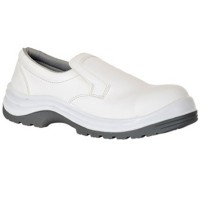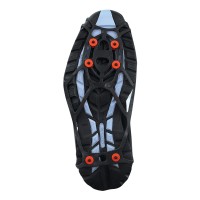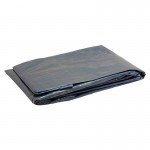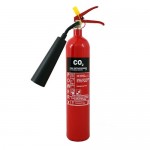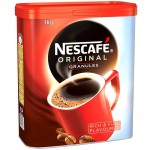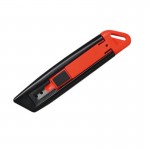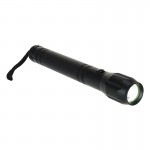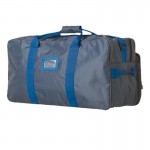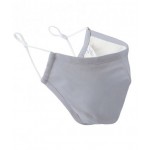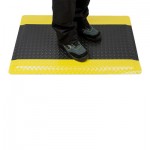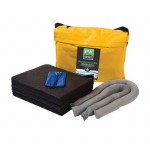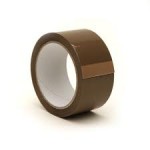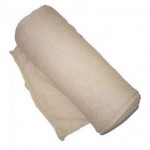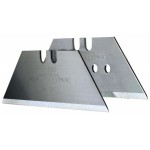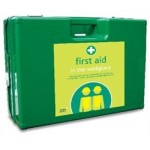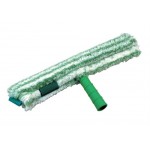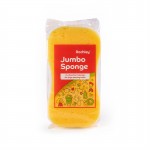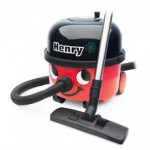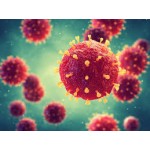22 May


Posted By
0 Comment(s)
2944 View(s)
What is COVID-19?
COVID-19 is the disease caused by the coronavirus SARS-CoV-2.
Are coronaviruses hard to inactivate?
Coronaviruses are enveloped viruses which are easily inactivated by routine surface cleaning and disinfection. These viruses have a lipid envelope which is easily compromised by most disinfectants, including quaternary ammonium compounds, leaving the virus core exposed and neutralising its infectivity.
Which products are effective against coronavirus?
Please click here to view our recommended products
Q. What is coronavirus, and should I be concerned?
A. Coronaviruses are a large family of viruses that are common across the world. They circulate in animals and some can cause illness in humans. They are enveloped viruses, which as a group are susceptible to common cleaning and disinfection practices. The specific coronavirus currently in the news causing COVID-19 is a newly emerged virus and the concern is it is capable of being transmitted from person to person and is spreading easily. However, the current evidence is that most cases of COVID-19 appear to be mild and the majority of people who contract this disease will make a full recovery.
Q. How does it spread?
A. As this is a newly emerged virus its transmission from person to person isn’t fully understood but similar viruses are spread by respiratory droplets produced when an affected person coughs or sneezes. These droplets can land on people nearby and can be directly inhaled or picked up on the hands and transferred when someone touches their face.
Q. So what can we do to reduce our risk of catching this coronavirus?
A. Hand washing and disinfection is the key to preventing infection. You should frequently wash your hands well for at least 20 seconds and avoid touching your face with unwashed hands. If it is not possible to wash your hands, or hands are visibly clean, WHO recommend using an alcohol hand gel containing at least 60% alcohol. Selden’s C053 contains >70% (v/v) alcohol which meets this requirement and is formulated for frequent use. Apply a palm sized amount to hands and rub until dry. Distance yourself from people who are unwell and practice good respiratory hygiene by catching coughs and sneezes in a tissue (or your elbow), bin tissues and wash your hands well afterwards.
Q. What about surfaces?
A. These types of viruses do not generally survive for very long outside the body, however there is some evidence to show that some coronaviruses can persist on surfaces for several hours or days depending on environmental conditions. As the COVID-19 virus is not available for commercial testing we recommend regular cleaning and disinfection of frequently touched objects and surfaces using one of our virucidal cleaners which has test data against enveloped viruses or makes a Norovirus claim. Pre-clean the surface first with these products followed by a disinfection step. Alternatively, for the disinfection step we can recommend FH55 (contains 70% v/v alcohol) or one of our bleach-based disinfectants. See the below table for the dilution and contact time required for the disinfection step. We advise the use of our virucidal cleaners for precleaning to minimise the risk that the cleaning cloths become a source of cross contamination.
Q. Is your alcohol hand gel halal and suitable for vegans?
A. The raw materials used in the production of C053 and SO53 are not derived from animals and the ethanol used is not drinkable ethanol.
Q. How long do C066 and C500 remain effective on a surface?
A. The active ingredients in C066 and C500 are based on quaternary ammonium compounds. These compounds can bind to surfaces and therefore it is likely they will persist on a surface following disinfection. However, we do not make residual activity claims as this can lead to bad practice. Frequent cleaning and disinfection of common touch surfaces is key to keeping infection rates low.
Q. Can I use C500 in a fogging machine?
A. We do not support fogging as an activity for our disinfectants. Fogging can be a specialist area. We do not recommend our products for this application, mainly because we are not convinced any disinfectant is suitable for a user to routinely breathe in ultra-fine droplets of. We are aware of customers using our products for fogging; however, they do this with their own risk assessment and it is not supported by us.


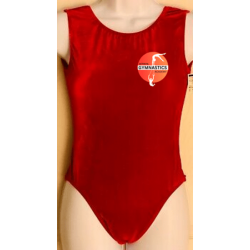
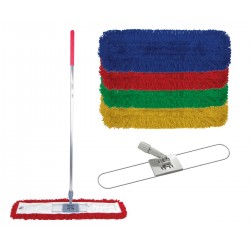
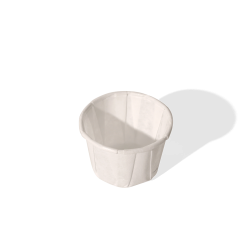




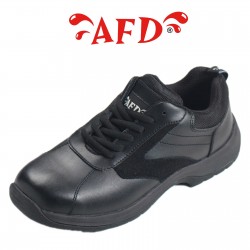
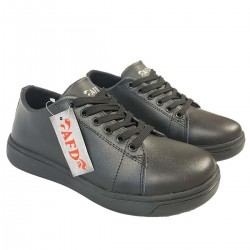

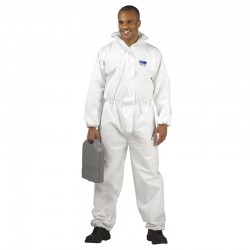
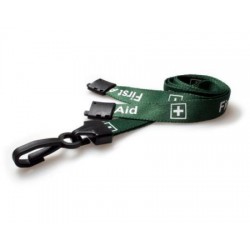
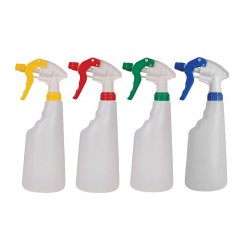
-250x250.jpg)
